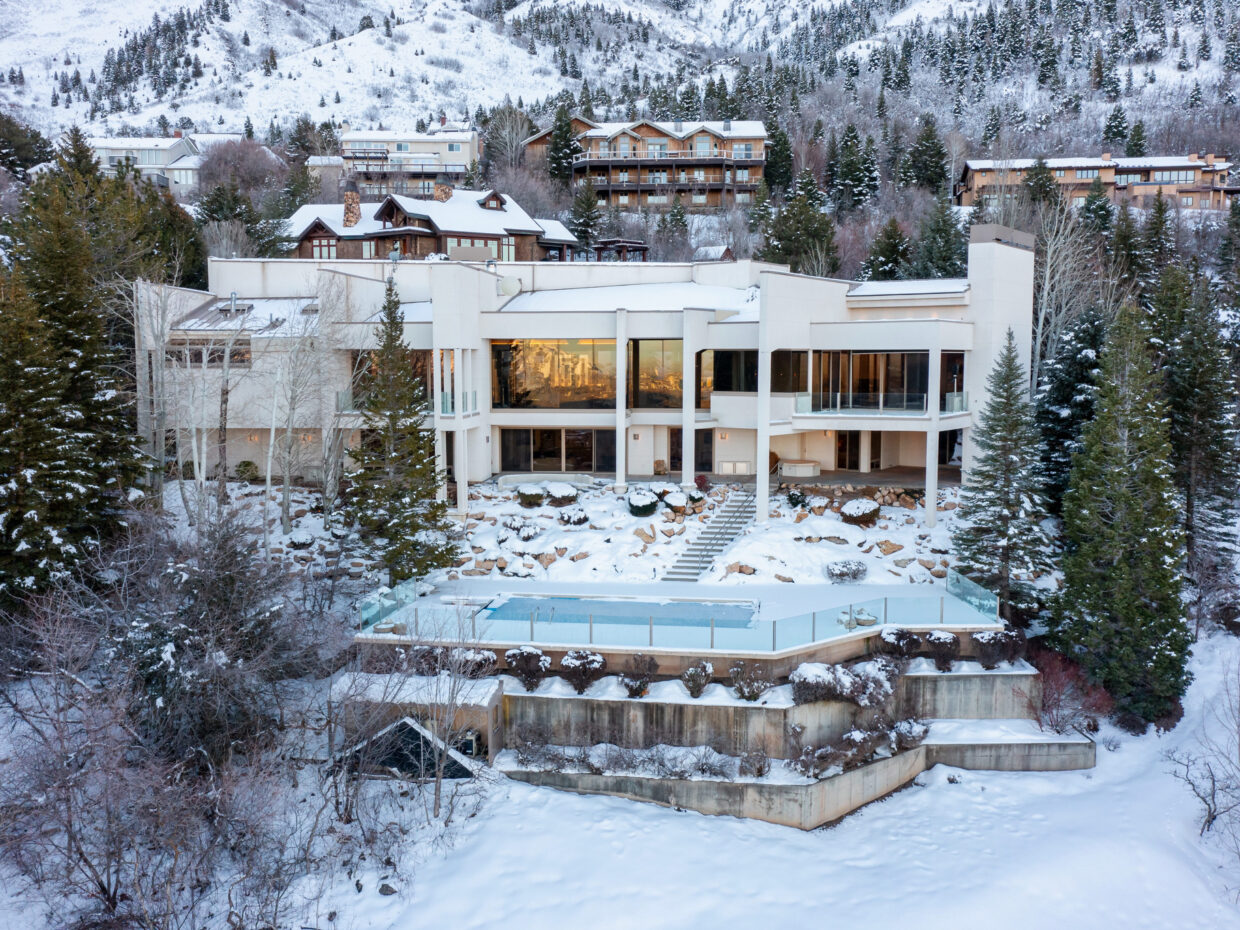In today’s fast-paced world, the safety and security of your home have become more critical than ever. Home security system installation is a crucial step toward ensuring the protection of your loved ones and valuable assets. In this comprehensive guide, we will explore the essentials of home security systems, the benefits of professional installation, and tips for choosing the right system for your needs.
Why is Home Security System Installation Important?
Peace of Mind
A robust home security system provides peace of mind, knowing that your family and belongings are safe even when you’re away. According to a 2023 survey by Linked Security NY, homes with security systems are 60% less likely to be targeted by burglars.
Protection Against Intruders
Modern security systems offer advanced features such as motion detection, video surveillance, and alarm notifications, making it difficult for intruders to breach your home undetected.
Monitoring and Emergency Response
Many security systems provide 24/7 monitoring services, ensuring immediate response in case of emergencies like break-ins, fire, or medical crises.
Types of Home Security Systems
Understanding the types of security systems available is essential for making an informed decision.
1. Wired Security Systems
These systems are hardwired into your home’s electrical system and offer reliability and consistent performance. However, they require professional installation and can be challenging to relocate.
2. Wireless Security Systems
Wireless systems use Wi-Fi or cellular signals to connect components, making installation easier and more flexible. They are ideal for renters or those looking for portable solutions.
3. Smart Home Security Systems
Integrated with smart devices, these systems allow remote control and monitoring through mobile apps. They often include features like voice commands and smart locks.
4. DIY Security Systems
For budget-conscious homeowners, DIY kits offer basic security features and the flexibility to install and manage the system yourself. However, they lack professional monitoring and advanced capabilities.
Steps for Home Security System Installation
Step 1: Assess Your Security Needs
- Evaluate your home’s layout and identify vulnerable entry points such as doors, windows, and basements.
- Consider the type of threats most relevant to your area (e.g., burglary, fire, flooding).
Step 2: Choose the Right System
- Decide between professional and DIY systems based on your budget and technical expertise.
- Compare features such as motion sensors, cameras, alarms, and integration with smart devices.
Step 3: Professional Installation vs. DIY
- Professional Installation: Ensures optimal performance and reliability. Companies like Linked Security NY offer expert installation tailored to your needs.
- DIY Installation: Offers cost savings but requires a basic understanding of security systems and tools.
Step 4: Placement of Components
- Cameras: Install cameras at strategic locations such as entry points, garages, and backyards.
- Sensors: Place door and window sensors on all accessible openings.
- Control Panel: Position the control panel in a central, easy-to-access location.
Step 5: Testing and Maintenance
- Test all components to ensure proper functionality.
- Schedule regular maintenance checks to keep your system in top condition.
Key Features to Look for in a Home Security System
1. 24/7 Monitoring Services
- Continuous monitoring provides real-time alerts and emergency responses.
2. Remote Access and Control
- Manage your system from anywhere using a smartphone app.
3. High-Definition Cameras
- Ensure clear video quality and night vision capabilities.
4. Smart Integrations
- Compatibility with devices like Amazon Alexa, Google Assistant, and smart locks.
5. Backup Power Supply
- Protects your home even during power outages.
Benefits of Professional Home Security Installation
Customized Solutions
Professional installers tailor the system to your home’s unique needs and vulnerabilities.
Expert Guidance
Receive advice on the best equipment and placement to maximize security.
Warranty and Support
Most professional installations come with warranties and ongoing technical support.
Common Mistakes to Avoid
- Overlooking Vulnerable Areas: Ensure all entry points, including windows and garages, are secured.
- Ignoring Maintenance: Regularly update software and test hardware components.
- Choosing the Cheapest Option: Prioritize quality and features over cost.
FAQs About Home Security System Installation
1. How much does a home security system cost?
The cost varies based on the type of system and features. Basic DIY kits start at $100, while professional installations can range from $500 to $2,000.
2. Can I install a security system myself?
Yes, many DIY systems are easy to install. However, professional installation ensures optimal performance.
3. Are security systems effective in preventing burglaries?
Yes, studies show that visible security systems deter most intruders, reducing the risk of break-ins.
Conclusion
Investing in a home security system is one of the best ways to protect your family and property. Whether you opt for a professional installation from experts like Linked Security NY or choose a DIY solution, the key is to select a system that meets your specific needs. Take the first step toward peace of mind today by assessing your security requirements and exploring available options.
